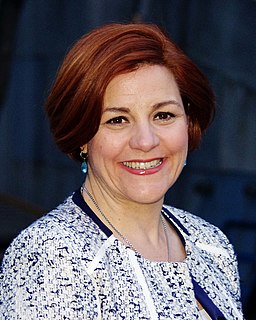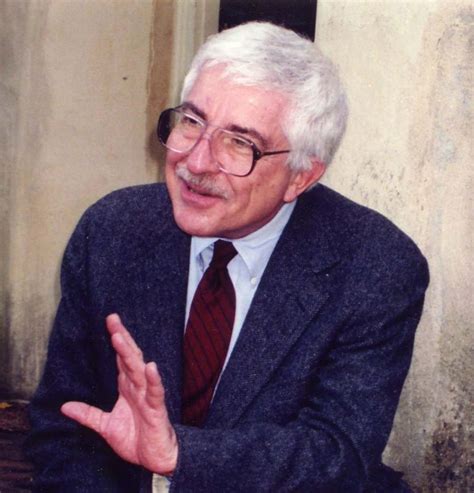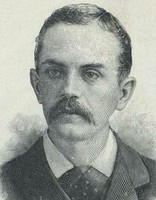A Quote by Daniel Goleman
The emotional brain responds to an event more quickly than the thinking brain.
Related Quotes
Autism is a neurological disorder. It's not caused by bad parenting. It's caused by, you know, abnormal development in the brain. The emotional circuits in the brain are abnormal. And there also are differences in the white matter, which is the brain's computer cables that hook up the different brain departments.
Everyone uses the brain at every moment, but we use it unconsciously. We let it run in the background without realizing the power we have to reshape the brain. When you begin to exercise your power, the everyday brain, which we call the baseline brain, starts to move in the direction of super brain.
Given that the dreaming brain must perform these remarkable contortions - creating a world, living in it, responding to it, and then carefully blocking all the responses in a manner that does not cross the threshold of awareness - it is no wonder that this dreaming brain seems to be more active than the waking brain.
It's not just professional athletes and soldiers who are at risk from traumatic brain injury. More than 1.7 million people a year sustain a traumatic brain injury, and about 50,000 of them die each year, according the Centers for Disease Control. There are both emotional and financial costs from these injuries.
We have allowed brain thinking to develop and dominate our lives.
As a consequence, we are at war within ourselves.
The brain desiring things which the body does not want, and the body desiring things which the brain does not allow; the brain giving directions which the body will not follow, and the body giving impulses which the brain cannot
To experience thinking outside the brain is to enter a world of instantaneous connections that make ordinary thinking (i.e those aspects limited by the physical brain and the speed of light_ seem like some hopelessly sleepy and plodding event. Our truest, deepest self is completely free. It is not crippled or compromised by past actions or concerned with identity or status. It comprehends that it has no need to fear the earthly world, and therefore, it has no need to build itself up through fame or wealth or conquest.
Experiments on split-brain patients reveal how readily the left brain interpreter can make up stories and beliefs. In one experiment, for example, when the word walk was presented only to the right side of a patient's brain, he got up and started walking. When he was asked why he did this, the left brain (where language is stored and where the word walk was not presented) quickly created a reason for the action: I wanted to go get a Coke.



































